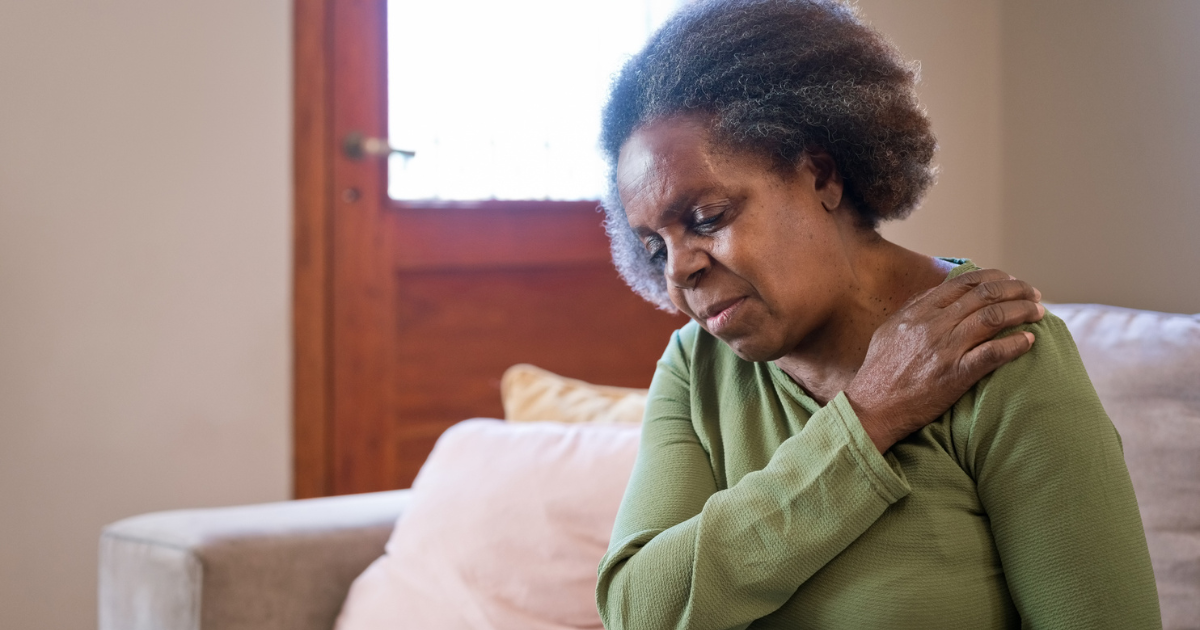How to relieve the aches and pains of osteoarthritis


Almost everyone will eventually develop some form of arthritis. Michael Feely, MD, rheumatologist at Nebraska Medicine, provides the latest information on osteoarthritis and how to manage this disease.
What is osteoarthritis?
Arthritis is one of the most common of chronic diseases. It is three to four times more common in women and becomes more common as we age. While there are more than 100 different types of arthritis, osteoarthritis, the type that is associated with aging and wear and tear of the cartilage, is the most common form. It occurs when the cartilage or cushion between joints becomes altered, leading to pain, stiffness and swelling. Up to 80 percent of the population will have some form of arthritis by the time they reach their 80s and 90s.
Can I prevent osteoarthritis?
Unfortunately, there are no strategies to prevent osteoarthritis nor are there any medications to prevent the progression of the disease. Disease-modifying drugs that have been effective in slowing other forms of arthritis like rheumatoid arthritis, have shown to have no effect on osteoarthritis. Genetics appears to play an increased role in the development of osteoarthritis, particularly if it develops in the hands.
If I exercise a lot, will I be more likely to develop arthritis?
Exercise does not cause arthritis. However, if you already have arthritis, vigorous and strenuous exercise that involves the affected joints can make arthritis worse. In addition, a severe injury to the joint such as a knee injury, severe ankle sprain or fracture can predispose you to developing arthritis later in life. People who have been involved in manual labor that involves a lot of repetitive motion, are also more likely to develop osteoarthritis.
Are there medications that can help relieve osteoarthritis pain?
While there is no cure for osteoarthritis, there are many medications available today that can help relieve your symptoms. Drugs like acetaminophen and non-steroidal anti-inflammatory drugs (NSAIDs) can help reduce pain and inflammation. In more severe cases, corticosteroid injections may be used to help provide pain relief. Ice and/or heat may also provide short-term relief. Joint replacement surgery is usually the final option for the most severe cases.
What can I do to help minimize the symptoms of arthritis?
Maintain your ideal body weight. Extra weight puts additional stress on the joints. Gentle exercise that includes strengthening and stretching is also important to help relieve pain and stiffness and to keep joints mobile. Muscle weakness and instability is a secondary manifestation of osteoarthritis, so work to maintain good muscle strength around your joints and participate in low-stress exercise like walking, aquatic exercises and recumbent bicycling. Try to avoid high impact or repetitive exercise that over-stresses arthritic joints and may hasten further deterioration of the joints. Studies have shown that exercises like tai chi, yoga and Pilates are helpful for relieving joint pain
Fish oil and glucosamine chondroitin may provide relief for some people. Chondroitin is a major component of cartilage that helps it retain water and glucosamine is a natural compound found in healthy cartilage, particularly in the fluid around the joints. While large studies have shown modest to no improvement with this supplement, there is no downside to using it. Other therapies that may help include capsaicin creams like Icy Hot and acupuncture.
Got arthritis pain?
Don’t let osteoarthritis pain get the best of you. Make an appointment with one of our doctors for an evaluation at 800-922-0000.
Our family practitioners and internists now have clinics at our Village Pointe location at 176th and Burke Streets.


